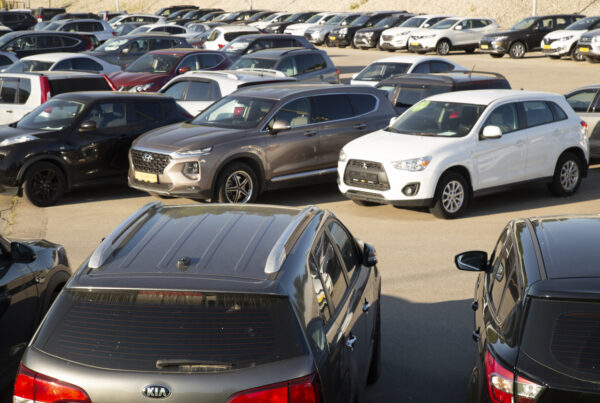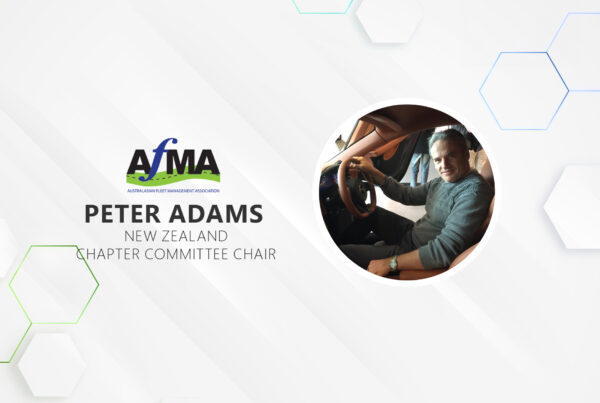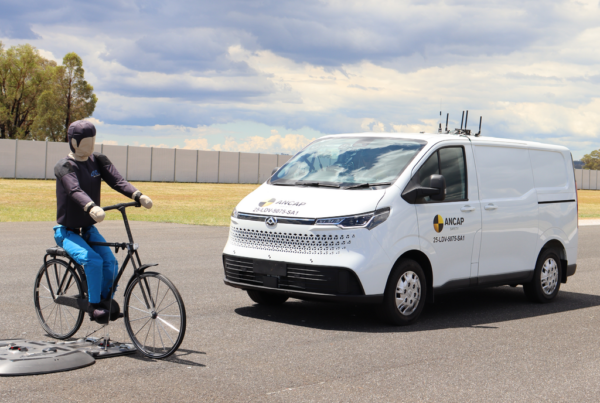In an effort to combat climate change, EROAD and EECA have introduced a web-based vehicle emissions calculator tailored for New Zealand fleets. This collaboration aims to empower businesses in their journey towards decarbonisation, addressing the significant issue of transportation emissions contributing to 17% of the country’s greenhouse gas emissions.
EROAD’s CEO, Mark Heine, highlighted the calculator’s importance, stating, “The EROAD Emissions Calculator will play an indispensable role in helping New Zealand fleets embark on their decarbonisation journey, encouraging and enabling emissions reduction across the transport sector.”
Transportation is a key contributor to New Zealand’s emissions, making the sector pivotal in achieving the government’s ambitious targets of Net Zero Emissions by 2050 and a 50% reduction by 2030. The EROAD Emissions Calculator is positioned as a crucial tool for businesses to measure, plan, and reduce their carbon footprint.
The calculator, developed with co-funding from EECA’s Low Emissions Transport Fund, targets the urgent need for innovation in emissions reduction. Camilla Cochrane, EECA’s Transport Manager, stressed the sector’s role in adopting low- and zero-emissions vehicles.
EROAD’s sustainability survey revealed a disparity between large and small fleets, with smaller businesses lagging behind in implementing net-zero strategies and measuring carbon emissions. Craig Marris, EROAD’s Chief Sustainability Officer, emphasised the urgency for support, stating, “Access to data remains a key barrier for smaller fleets to initiate their journey towards net-zero emissions.”
EROAD and EECA are making the emissions calculator freely accessible to all New Zealand fleets, removing a significant barrier to entry. Powered by EROAD’s AI technology, the calculator provides an overview of a fleet’s emissions profile, offering suggestions for reduction and potential savings.
Looking ahead, EROAD plans to introduce its sustainability solutions globally in 2024, expanding the scope of sustainable fleet management. Mark Heine concluded, “Through our technology solutions, we’re empowering businesses to make more informed decisions, moving us all forward toward a safer, more sustainable future.”
Did you find this article interesting? Give it a ‘like’ by clicking the ‘heart’ button above!




















